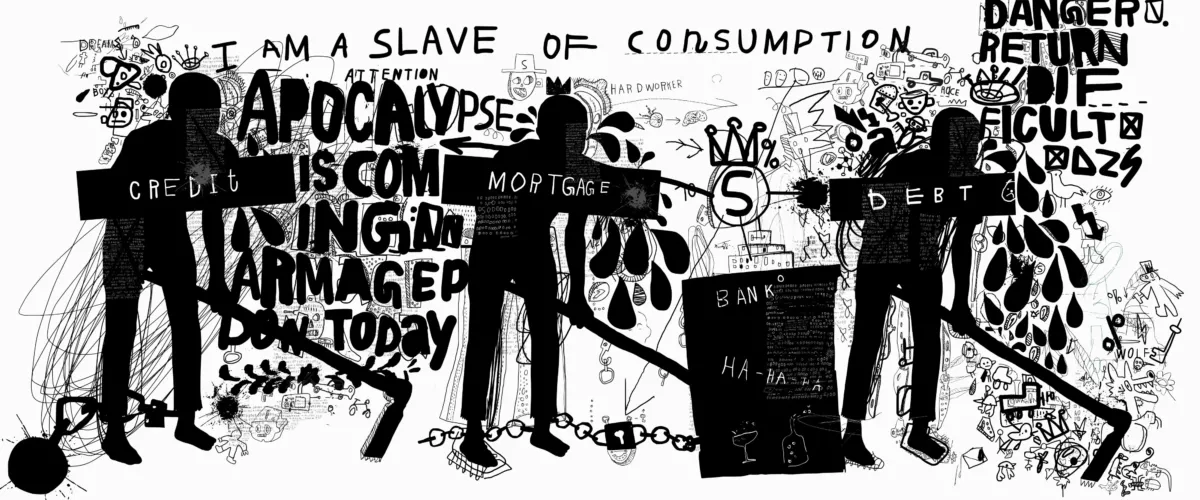Globally, There Have Been Fewer Fires This Year
Yes, you read that right! Many countries around the world, including the US, are experiencing one of the least destructive years caused by forest fires in the last decade. Despite this fact, the corporate media continues to blame climate change for nearly every fire (without explaining how climate change only affects Canada and Hawaii, but not other places). Official data from the European Commission indicates that, despite Canada having an anomalous year, many countries are quite in line with previous years — or even having fewer fires and fewer amounts of area burned than normal. (source: https://gwis.jrc.ec.europa.eu/apps/gwis.statistics/seasonaltrend)
Environmental researchers have been speaking out about this, including Bjørn Lomborg, Danish academic and environmental economist, who recently published on twitter “Contrary to what you constantly hear in the media, global fire in 2023 has so far burned less than normal. Have you seen that reported anywhere? Yes, the [North] Americas [particularly Canada] burned much more, but surely the media should also tell you that Africa and Europe burned much less?”
According to official data by the European Commission’s Global Wildfire Information System, the US, Europe, Asia, Africa, and South America are experiencing lows in the number of forest fires and the amount of area burned, when compared to the past ten years. As Lomborg put it, “Climate alarmists highlight all the places that burn and ignore the ever more places that don’t.”
Don’t lose touch with uncensored news! Join our mailing list today.
What Lomborg said rings true here in Canada, where politicians are regularly pointing to the devastating number of forest fires in Canada this year and claiming that they are the result of climate change — despite the fact that the annual number of wildfires in Canada over the past 40+ years appears to be relatively stable, if not slightly decreasing. In fact, 2020 had the fewest amount of forest fires in Canada’s 41-year history of tracking them — and this includes the fewest amount of hectares burned.
Of course, there were no climate change activists celebrating the lack of wildfires in 2020. That record was ignored by the corporate media. However, this year, with the surge in wildfires aligning with the climate change narrative, both the media and politicians are giving it extensive coverage. In August, Alberta Premier Danielle Smith was practically begged to blame climate change on the record-breaking number of forest fires in Alberta — but she refused, noting that most of them were caused by humans. A few individuals in Alberta have been charged by the RCMP in connection to forest fires, though the vast majority of the human-started forest fires appear to be accidental. In June, BC’s Coastal Fire Centre indicated that every forest fire on Vancouver Island this year — all 46 of them — were started by humans.
It is true that 2023 set a new Canadian record (so far) for forest fires in terms of land area affected since records began in 1980. According to the Canadian Interagency Forest Fire Centre, a staggering 13.2 million hectares have already been consumed by flames this year. Yet, when we take a step back and look at the global data spanning the last few decades, there’s no proof linking fires to climate change. While this year’s surge in Canadian forest fires is undeniably alarming, attributing it solely to climate change gives undue credence to the climate change agenda, thereby indirectly supporting politicians who advocate for authoritative measures.
Explore More...
















